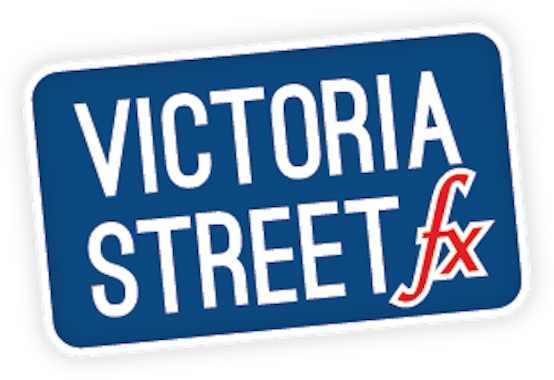Victoria Street FX – Best Currency Exchange in London Victoria
Looking for the best currency exchange rates in London?At Victoria Street FX, we specialise in commission-free foreign exchange with the most competitive rates in the city — no hidden fees, no surprises. Why Choose Victoria Street FX? Better rates than high-street banks and airports No commission and fully transparent pricing Buy & sell over 50 foreign currencies — most available


Recent Comments